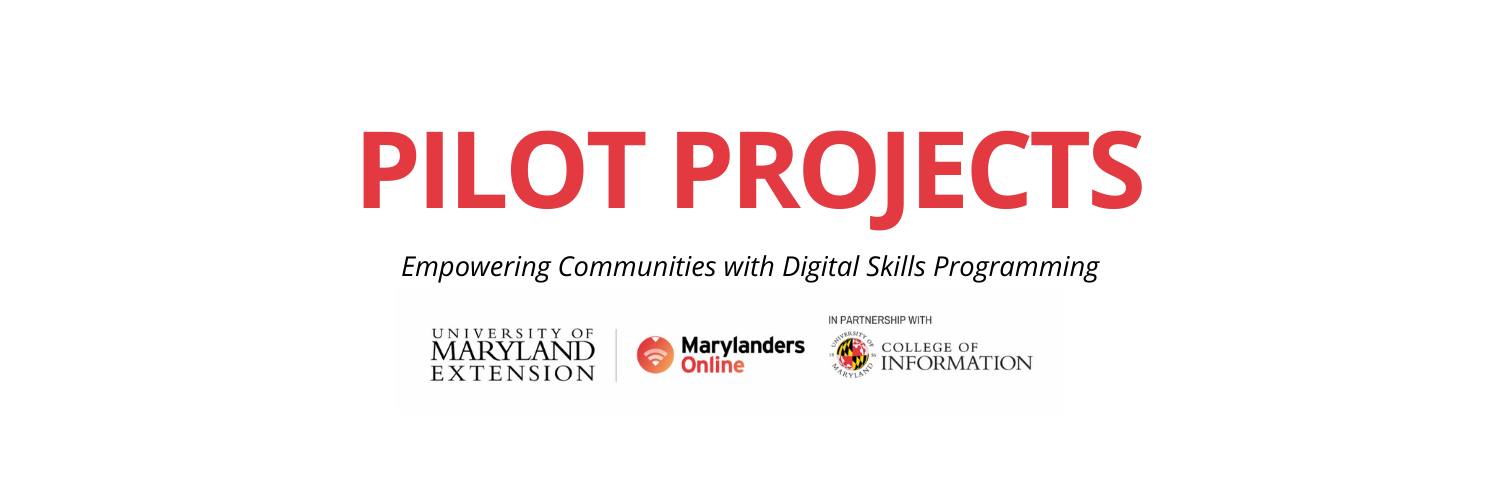In partnership with Harford County Department of Social Services, this Family and Consumer Sciences (FCS) initiative aims to address to the inequities brought to light by the pandemic by cultivating digital inclusion through targeted training for two underserved populations: the unemployed and older adults. An FCS Educator used this program to integrate digital literacy into nutrition and financial wellness education. Participants learn to navigate the online world confidently, manage their physical health effectively, and make sound financial decisions to promote well-being in the digital age. Another branch of the program brought digital literacy to older adults through Senior Planet, an initiative from AARP. FCS Educators for this program include Jennifer Dixon Cravens, Carrie Sorenson, Dr. Shauna Henley, Shelita Jackson, and Naimani Staley.
Target Population: Adults ages 18-55 from community partnership with Harford County Department of Social Services- Susquehanna Workforce, Havre De Grace Maryland
Number of Individuals Served: 137
Target Populations: Seniors Citizens Ages 60 and over from community partnership with Woodlawn Senior Center, Woodlawn, Maryland.
Number of Individuals Served: 87
Total Grant Program Participants served 2023-2024: 224

